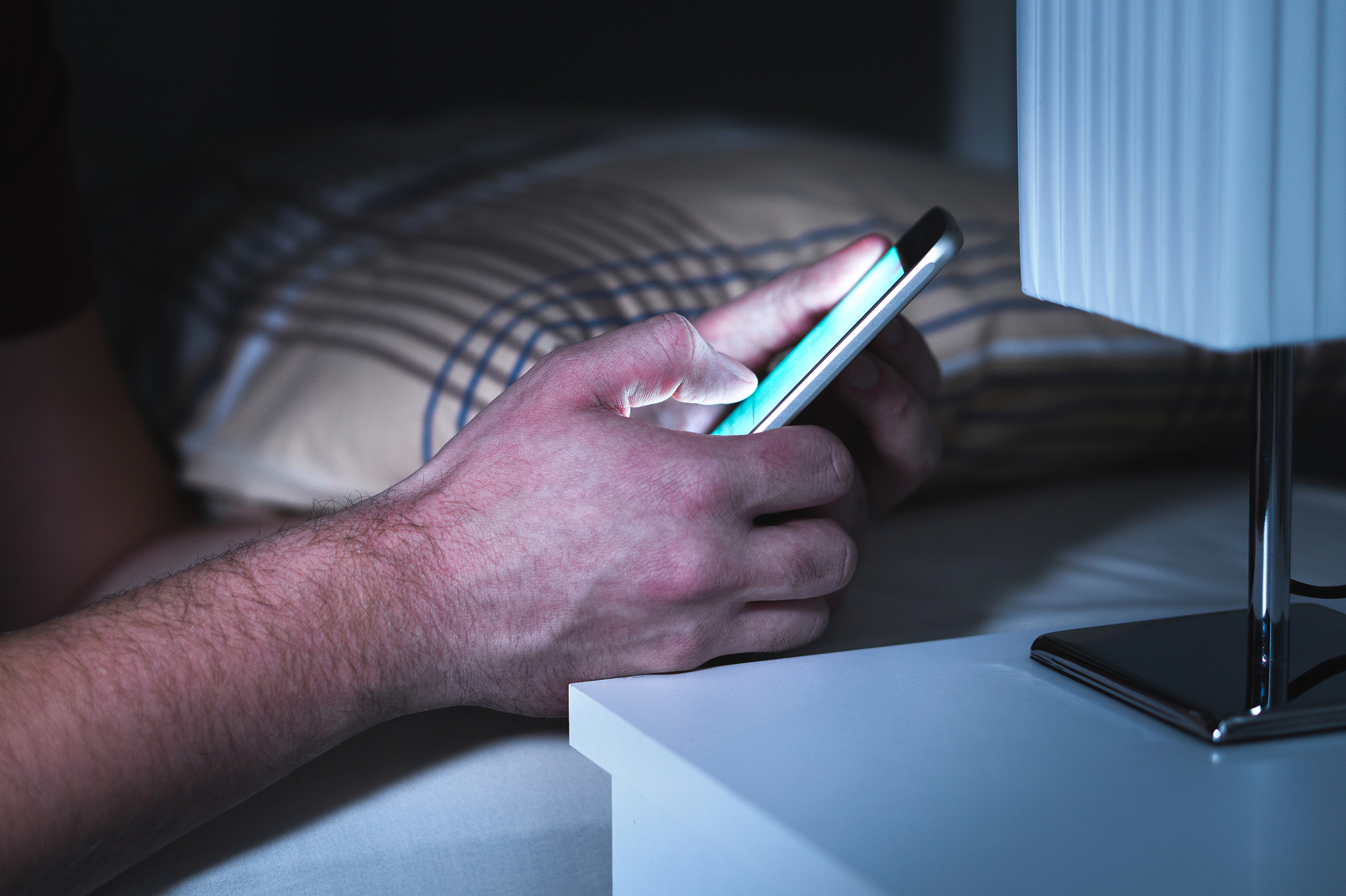There is a scene in a Seinfeld episode where Elaine sits alone in her apartment having broken up with her on-again-off-again boyfriend, David Puddy.
Her inner monologue is torn between two desires.
On one hand, she is completely and wholeheartedly determined not to speak to this man again. Her will is set. She is a rock of resolve.
On the other, she can’t stop thinking of excuses to call David Puddy.
I empathize with Elaine’s struggle because it is the same way I feel every morning when I jump (read: roll sluggishly) out of bed. My wrestling partner, however, is not a person, but a device. It is a small, seemingly insignificant, unassuming little black box that sits by my bed.
However, inside this little black box is a virtual world that plugs me into the vast knowledge base of mankind, limitless news headlines, and opinions of millions of people all delivered to me in a matter of seconds.
With my iPhone in hand, I am limitless.
Here’s the problem: though my device allows me to equip myself with layer upon layer of informational armor to face the day, I never feel weaker than when I have invested the first minutes of the day in my phone.
For sure, there are great and wonderful uses for my phone. But like Frodo carrying the ring, I find all too often, such a small item can bring weightiness to my desires and shape my perspective in unhealthy ways.
My guess is you have this struggle too. So how are we to respond? Do we put on the ring and melt into its power or must we walk it to Mount Doom and see it destroyed?
The good news is we do not have to do either.
Like anything in our lives, (food, relationships, entertainment, work, leisure) too much can cause an unhealthy unbalance or addiction. Things meant to serve as means to ultimate ends can become ends themselves. What is given to serve us becomes our master.
In light of this, I want to offer four ways to kill your phone addiction before your phone addiction kills you.
1) Admit it
I have seen countless people put their lives, and the lives of others, at risk in order to hold attention to an illuminated screen. Before we assume our device consumption is something we control, we need to at least ask ourselves whether or not we are invested in these devices to the neglect of other things that matter more.
Analyze times in your day when you find yourself absent-mindedly on your phone. Stop in that moment and consider what you are putting off or ignoring. Is there a relational, physical, emotional or spiritual opportunity you might be missing? Be willing to acknowledge you might have a problem. If so, admit it.
2) Name it
This may seem silly, but it’s effective. If your technology was a person with a name, would your relational balance with them be off? For instance, if I called my interaction with technology “Steve,” what might I note about my relationship with Steve?
I spend ______ hours a day with Steve.
Steve is the first thing I see in the morning and the last thing I see at night.
Financially, I am committed to $_____ a month so I can be with Steve.
When I go on a date with my wife, I always take Steve.
When I get home from work, I always bring Steve with me.
At some point, these start to sound extreme or even moderately creepy. If you wouldn’t want these things to be true about a person in your life, maybe they shouldn’t be true of the technology in your life either.
3) Give someone else authority
We are most blind to what is closest to us. We must be willing to allow those who know us best to be honest with us about what we are missing. Does your wife feel completely free to ask you to put down your phone? Do your kids have authority to ask that they be the priority in a given moment? If you assume so, the likelihood that they do is probably low.
Sit down with a few people in your life and expressly give them the keys to speak truth into your life. Ask what they see in your relationship with your phone. Tell them they have free reign to ask you to put it away at any time. Give them the relational authority and priority.
4) Set times and limits
Agree to not check email outside of work. Decide to check Twitter only ____ times a day. Set a time or place aside that is a “No Tech Zone,” and stick to it. Set times and limits and let others know what they are.
Ultimately, the decision is literally in our hands. Yet we are often too preoccupied with our phones and devices to consider how preoccupied with them we actually are.
Take some time today. Question your relationship with your phone. Invite someone else into the conversation.
It may be worth more than you think.
